Common Money Habits That Can Quietly Drain Your Wealth
Small financial leaks often go unnoticed until they start adding up. The real danger isn’t a single bad decision, but everyday habits that seem harmless at first glance. These choices can slowly eat away at your savings and make it harder to build lasting wealth. Here are some patterns that quietly drain your money.
Paying Only the Minimum on Credit Cards
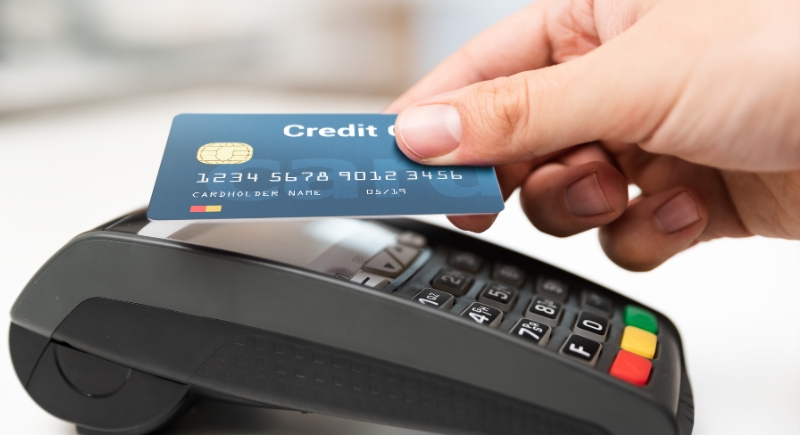
Credit: Proxima Studio
Making just the minimum payment on a credit card can feel manageable at first, but it’s one of the most expensive financial habits. With average interest rates around 20%, according to the Federal Reserve, your balance grows quickly. A $3,000 balance paid this way could end up costing more than $6,000 in interest.
Calling Luxuries “Investments”

Credit: pexels
Calling luxury purchases “investments” can blur financial judgment. That $900 blender or premium office chair might sound like a smart buy when linked to wellness or productivity, but unless it saves you money or holds resale value, it’s still just a purchase. Real investments appreciate or generate returns over time.
Auto-Renewing Subscriptions You Forgot About
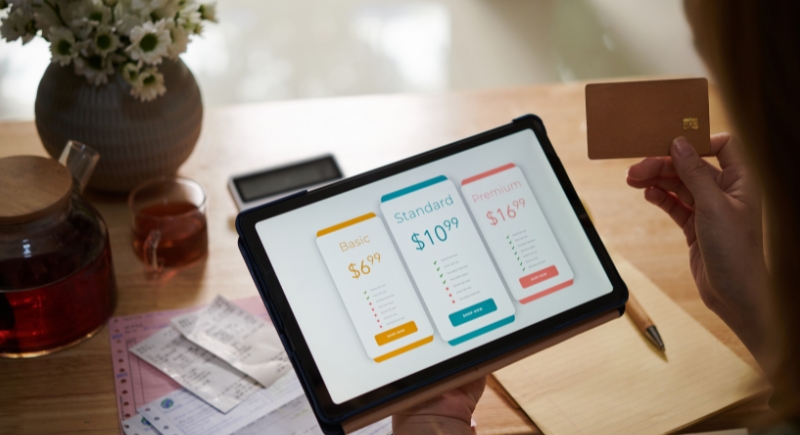
Credit: Dragon Images
It’s easy to overlook a few charges under $15, but they add up fast. According to a 2022 survey by C+R Research, Americans spend over $200 per month on subscriptions, much of which remains unused. Streaming services, fitness apps, and meal kits sneak into your budget and stay there.
Buying Cheap, Then Upgrading Later

Credit: Getty Images
Choosing low-priced items can backfire when they break or wear out too soon. Replacing them again and again often ends up costing more than buying something sturdy the first time. Quality pays off, especially for things you rely on every day like furniture, shoes, or electronics.
Prioritizing Spending Over Saving
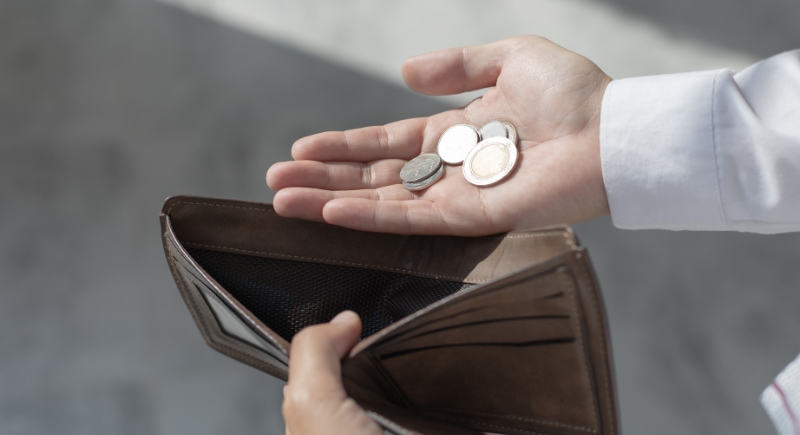
Credit: 89Stocker
Most people save whatever is left after expenses, but that approach rarely builds lasting wealth. When you set aside money before spending, you create consistency and progress. The “pay yourself first” method works by moving a portion of your income to savings the moment you get paid.
Making Emotional Purchases to Feel Better

Credit: pexels
A tough day at work doesn’t get better with an expensive coffee machine. Emotional spending provides a quick reward, but the mood boost fades faster than the credit card charge. Experts suggest creating a small discretionary fund for indulgences. When it’s planned, the spending still feels good, minus the guilt.
Skipping a Budget Altogether
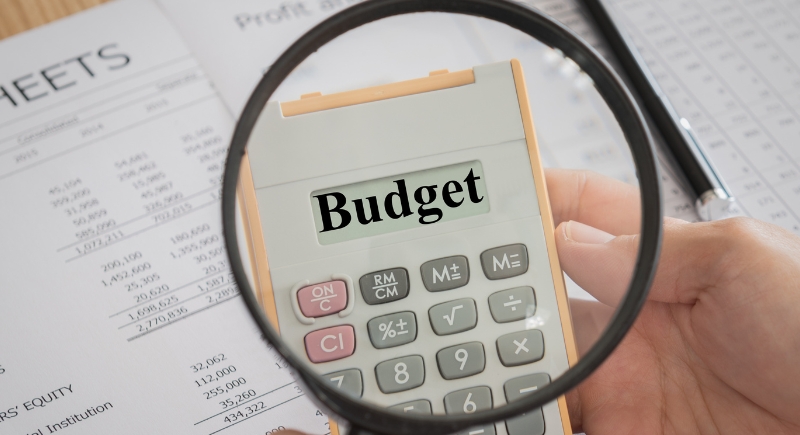
Credit: Getty Images
Budgets don’t have to be spreadsheets filled with dread. Think of them more like financial GPS: they help you stay on course. Without one, money disappears without explanation. You don’t need to track every penny, but knowing what goes where helps cut waste.
Overcomplicating Investing

Credit: Getty Images
Many investors chase short-term wins through speculative stocks or overly complex portfolios, only to fall behind basic index funds. A Vanguard study found that hands-off investors often outperform those constantly fiddling with their investments.
Leasing or Financing Cars Long-Term

Credit: Canva
Leasing or stretching financing terms (think 72+ months) can leave you paying far more than the vehicle is worth, especially with depreciation. Cars drop 20%–30% in value in the first year. Buying used or sticking to shorter terms can reduce that financial drag and free up future income.
Paying for Extended Warranties You Rarely Use
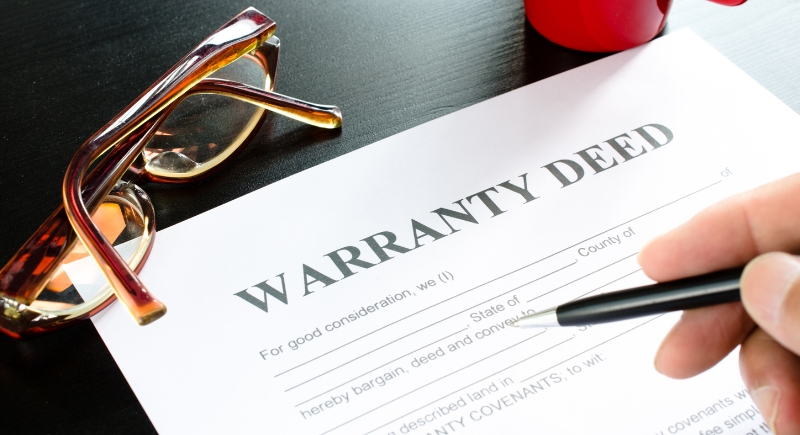
Credit: Getty Images
A Consumer Reports study showed that the majority of users paid more for the plan than they received in repair value. Modern appliances and electronics often last well beyond their warranty periods, and repair costs are sometimes cheaper than the protection plan.
Putting Off Investing Until “Later”

Credit: pexels
Time is the biggest factor in building wealth, thanks to compound interest. Starting early—even with small amounts—makes a major difference. For example, investing $200 a month from age 25 to 65 at 7% interest yields over $500,000. Waiting until 35 to start? That total drops by more than half.
Letting Energy Bills Go Unchecked

Credit: studioroman
According to the U.S. Department of Energy, heating and cooling make up nearly half of a typical home’s energy use. Small issues like drafty windows, old thermostats, or weak insulation can steadily raise your bills. Simple fixes such as sealing leaks or updating equipment can lower costs while keeping your home comfortable.
Never Comparing Insurance Rates

Credit: Getty Images
Insurance rates can shift due to credit scores or new competition in the market. Comparison tools or annual check-ins with your provider can uncover cheaper options or better coverage. Even a 10% rate drop on auto or home insurance could mean hundreds in yearly savings for minimal effort.
Ignoring Your Home Loan After Signing

Credit: Getty Images
Interest rates change, and if yours is outdated, you might be overpaying by thousands. According to the Australian Bureau of Statistics, many homeowners could shave off years and reduce repayments just by switching to a lower rate. Reviewing your mortgage every few years can put real money back in your pocket.
Relying on Last-Minute Purchases

Credit:89Stocker
Paying for convenience adds up. Airport snacks, rush-shipped gifts, forgotten birthday cards—these last-minute buys come at a premium. Planning ahead turns $18 sandwiches into packed lunches and overnight fees into regular shipping. A basic calendar check and a grocery list can stop these impulse expenses before they start.